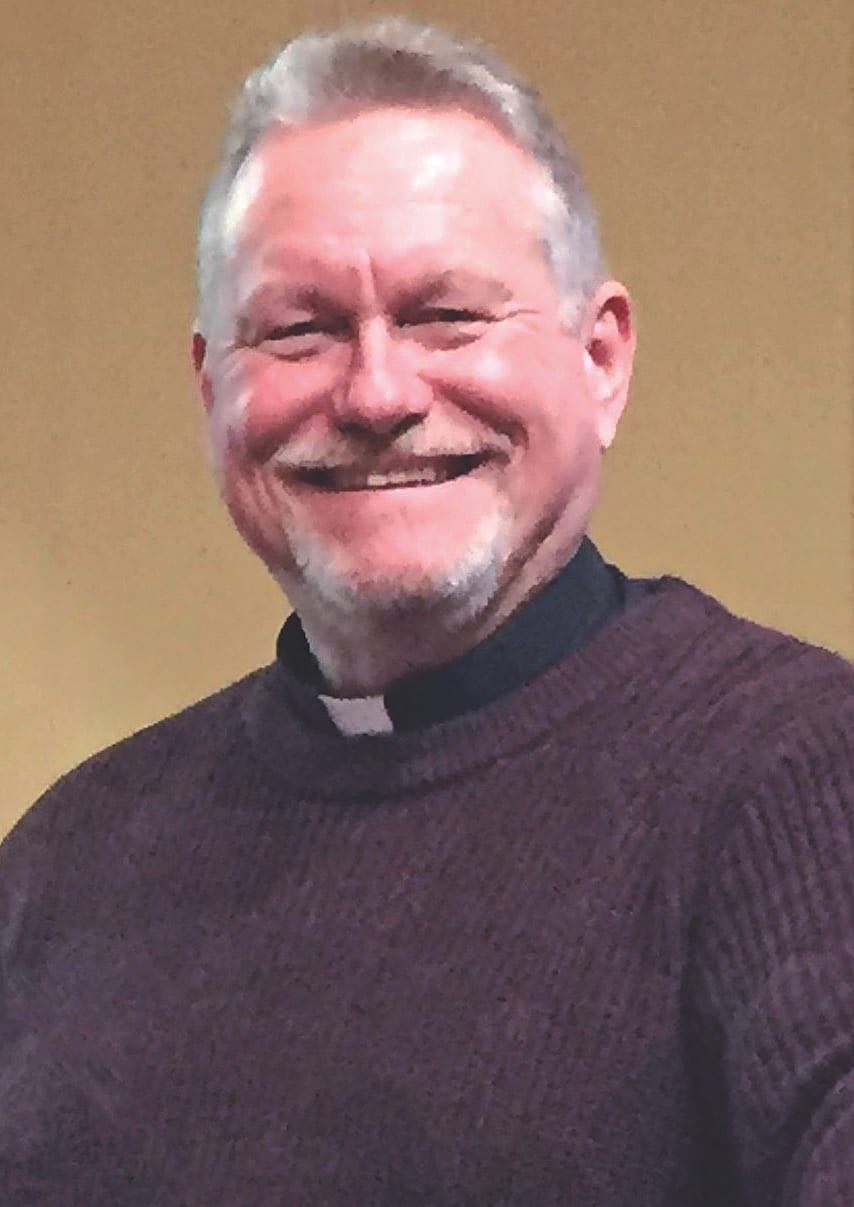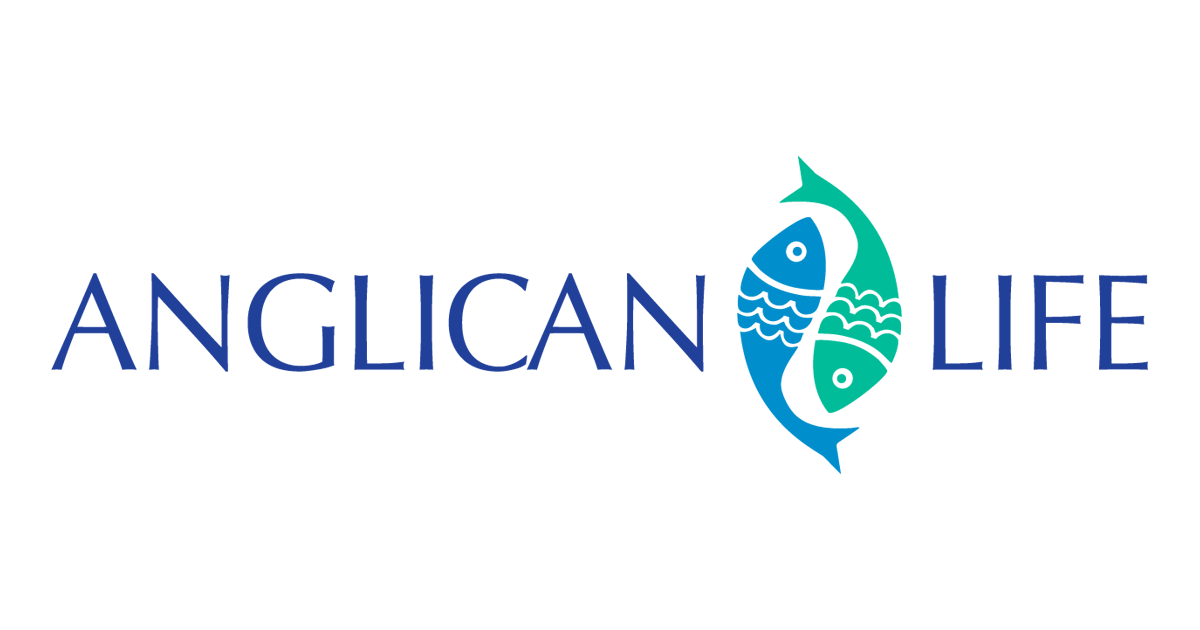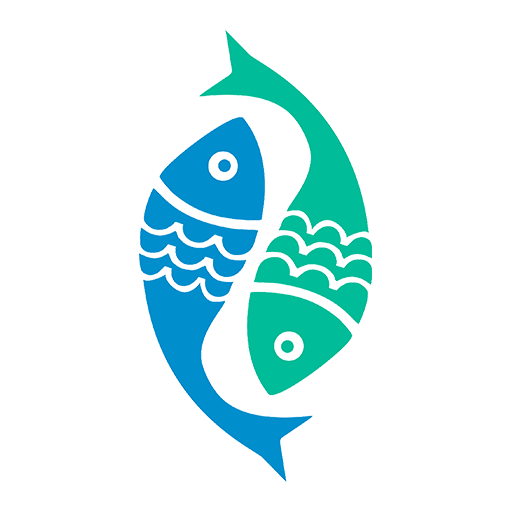This article will appear in the May print issue of Anglican Life and is by The Rev’d Mark Nichols, Creation Care Animator for the Diocese of Eastern Newfoundland & Labrador.
 Jesus said, “Father, forgive them; for they do not know what they are doing.” – Luke 23:34
Jesus said, “Father, forgive them; for they do not know what they are doing.” – Luke 23:34
As the world grapples with the COVID-19 pandemic, public health officials in our province have been imploring us to follow science-based prevention measures to limit the spread of the virus. Sadly, far too many of us have refused to follow their guidance. They have told us that those who travelled abroad must immediately self-quarantine for fourteen days once they come home. Yet, people are getting off their flights, stopping at the coffee shop, picking up groceries, visiting family and friends, potentially spreading the virus in the process. We have been told to avoid gathering in groups, but we are still hearing of house parties and other gatherings. We have been told to practice social distancing, wash our hands frequently, and cough/sneeze into our elbows, but many just cannot be bothered. We know the right things to do to minimize the impact of this pandemic, but some appear to value their individual freedom, lifestyle and convenience more than the well-being—indeed, the lives—of others, especially the elderly and immuno-compromised. Sadly, COVID-19 has already taken one life in our province. I fear there will be many more deaths because some chose to do the wrong thing.
Do my words sound harsh?
Perhaps. Truth is often harsh. Unfortunately, this is not a behavioural anomaly unique to this pandemic. In our brokenness, human beings all too often do the wrong when we know the right. The apostle Paul speaks for the whole of the human family as he laments, “I do not do the good I want, but the evil I do not want is what I do” (Romans 7:14-24). What is true of our behaviour in addressing the COVID-19 crisis threatening the human family in the here and now, is also true of our behaviour in addressing the ecological crisis that threatens the human family in the coming decades.
As the world grapples with a global ecological crisis, scientists and environmentalists have been imploring us to follow science-based mitigation measures to limit the damage we are inflicting upon this fragile earth. Sadly, we have collectively refused to follow their guidance. We know the environmental damage caused by plastic shopping bags, disposable coffee cups and lids, straws, and other nonessential single-use plastics, yet millions of these items are tossed away every single day in our province. We know that vehicle emissions are one of the biggest sources of greenhouse gases fuelling climate change, yet we continue to buy bigger, less fuel-efficient vehicles, and kowtow to car culture in the way we design our towns and cities. We know the right things to do to minimize ecological damage and to limit climate change within manageable levels, but many of us value our individual freedom, financial well-being, personal convenience and opulent lifestyles more than the future we leave our children and grandchildren. If we continue along our present path, I fear my grandchildren will bear witness to the collapse of human civilization as we know it.
Do my words sound harsh?
Good. The harsh truth is what the science is telling us, and has been telling us, for decades. So, let’s be honest with ourselves. In our brokenness, when it comes to caring for the planet entrusted to our care, we do the wrong when we know the right. Father, forgive us, for we know exactly what we are doing.
Nevertheless, there is hope. Columnist Gwynn Dyer points to hope in his observation of the world’s response to the ongoing pandemic, in which we “have collectively decided, without even an argument, that we care more about the lives of our fellow citizens than we do about the damned economy.” If we can bring ourselves to address the threat posed by the ecological crisis with the same collective resolve that we are addressing the threat posed by COVID-19, there is hope.


